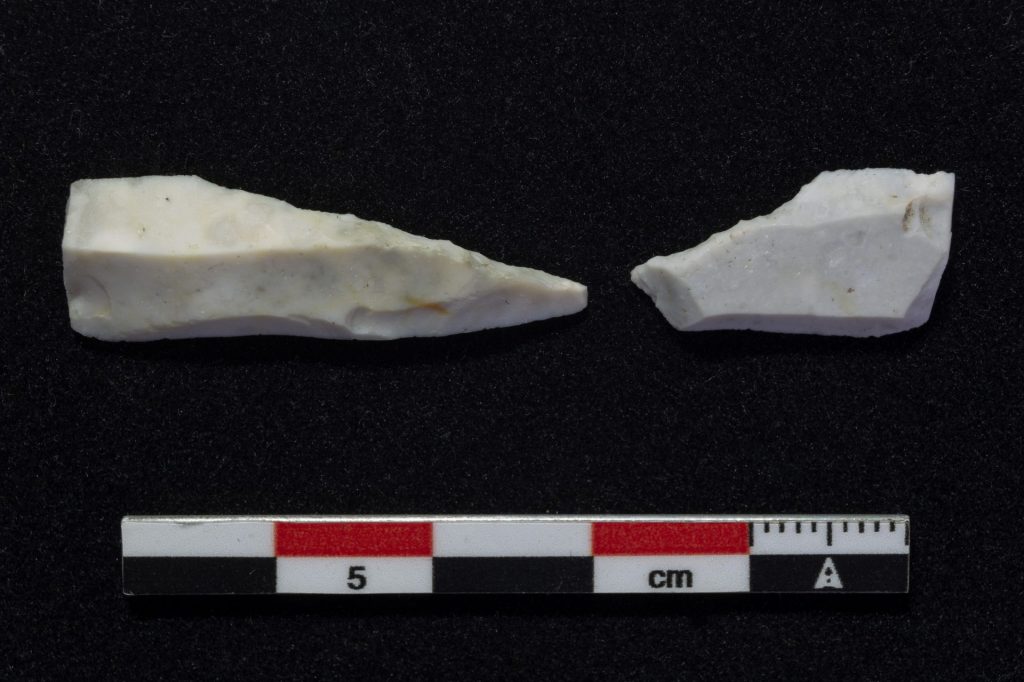What we do
Historic environment
From the hunters and gatherers of prehistory to the miner-farmers of the 19th century, communities have continually left their mark on the historic environment of the North Pennines. Properly managed, this historic environment has much to offer the local economy, as well as being of great social and spiritual value to local people and visitors alike.
Within the North Pennines National Landscape today there are 16 Conservation Areas, 183 Scheduled Monuments and 13 Buildings at Risk. Of the 968 Listed Buildings, 15 are Grade I, 36 are Grade II and 917 are Grade III.
Discover the land of lead and silver
Our new project to unearth the hidden stories of lead mining in the North Pennines National Landscape has been awarded funding from The National Lottery Heritage Fund and Historic England. The North Pennines National Landscape team will be working with volunteers and local communities to take a new and exciting look at the industrial heritage that shaped the landscape and its people, and to find out what makes this place the Land of Lead and Silver. The project runs from January 2024 until December 2028.


The North Pennines National Landscape team’s work on the historic environment focuses on:
- increasing our understanding of the area’s historic buildings, structures, routeways and archaeological features, and share that knowledge widely;
- identifying, conserving and enhancing the patterns of historic landscape (field boundaries, woodland and wood pasture, parklands, mining landscapes;
- using the planning system to avoid the piecemeal erosion of the historic character of buildings and settlements;
- maintaining the supply of local building stone;
- supporting the retention and application of skills required to maintain historic buildings and structures;
- encouraging greater community participation in identifying and conserving what is special about the North Pennines’ historic environment;
- using agri-environment schemes to conserve and enhance archaeological features and built heritage on private land; and
- promoting sensitive new uses for historic buildings and structures.











